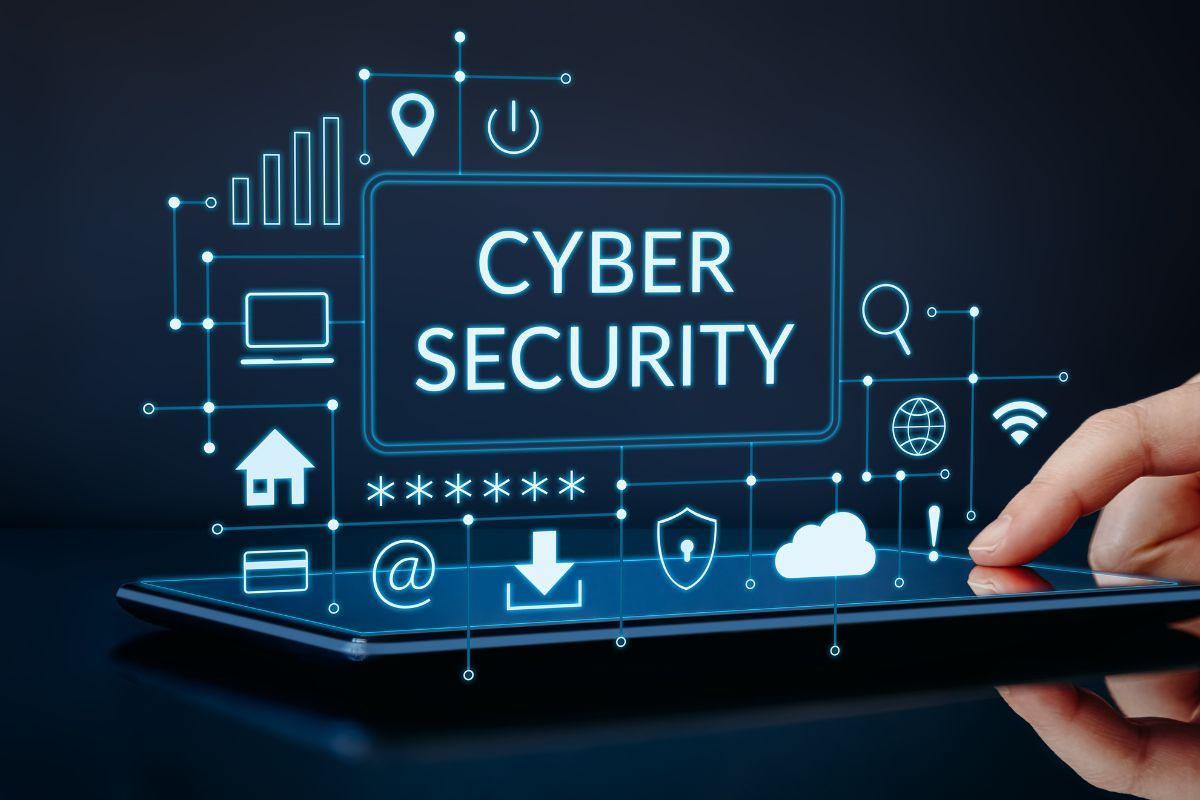
As Nigerian businesses rapidly embrace digital transformation—from fintech platforms to e-commerce—cybersecurity has become a non-negotiable priority. With cyberattacks rising globally and Nigeria ranking among the top African targets for cybercrime, understanding local cybersecurity laws is critical to safeguarding your business, customers, and reputation.
This guide breaks down Nigeria’s cybersecurity legal framework, compliance steps, and best practices to help your business thrive securely in 2025.
Why Cybersecurity Laws Matter for Nigerian Businesses
Nigeria’s digital economy is booming, but so are cyber threats like phishing, ransomware, and data breaches. In 2023 alone, the Nigerian Communications Commission (NCC) reported a 300% increase in cyberattacks targeting SMEs and financial institutions. Non-compliance with cybersecurity laws can lead to:
- Hefty fines (up to ₦10 million under the Cybercrimes Act).
- Reputational damage and loss of customer trust.
- Legal disputes and operational disruptions.
Key Cybersecurity Laws in Nigeria
1. Cybercrimes (Prohibition, Prevention, etc.) Act 2015
This is Nigeria’s primary law combating cybercrime. Key provisions include:
- Criminalizing unauthorized access to computer systems (Section 6).
- Penalties for data breaches: Up to ₦7 million fines and 7 years imprisonment (Section 17).
- Mandatory reporting: Organizations must report breaches to the Nigerian Computer Emergency Response Team (ngCERT) within 7 days.
Business Impact: Ensure robust access controls, encrypt sensitive data, and train staff to recognize phishing attempts.
2. Nigeria Data Protection Regulation (NDPR) 2019
Administered by the National Information Technology Development Agency (NITDA), the NDPR mandates:
- Data protection audits for companies handling personal data.
- Consent requirements: Users must opt-in before their data is collected.
- Breach notification: Report incidents to NITDA within 72 hours.
- Penalties: Up to 2% of annual revenue or ₦10 million (whichever is higher) for non-compliance.
3. Central Bank of Nigeria (CBN) Cybersecurity Guidelines
For fintechs, banks, and financial institutions:
- Implement multi-factor authentication for transactions.
- Conduct annual penetration testing to identify vulnerabilities.
- Appoint a Chief Information Security Officer (CISO).
Recent Enforcement: In 2023, the CBN fined three banks ₦500 million each for lax cybersecurity controls.
Steps to Comply with Nigerian Cybersecurity Laws
1. Conduct a Cybersecurity Risk Assessment
Identify vulnerabilities in your systems, processes, and third-party partnerships. Use frameworks like ISO 27001 or NIST for guidance.
2. Appoint a Data Protection Officer (DPO)
Required under the NDPR for businesses processing large volumes of data. The DPO oversees compliance and liaises with regulators.
3. Encrypt Sensitive Data
Use encryption tools for customer data, financial records, and internal communications. Avoid storing unnecessary data.
4. Train Employees Regularly
Over 80% of breaches result from human error. Train staff on:
- Spotting phishing emails.
- Using strong passwords.
- Securing remote work devices.
5. Partner with Certified Cybersecurity Providers
Engage firms accredited by NITDA or ngCERT for audits, incident response, and compliance reporting.
Case Study: Lessons from a Nigerian E-commerce Breach
In 2022, a Lagos-based e-commerce platform suffered a breach exposing 50,000 customer records. The company faced:
- A ₦5 million NITDA fine for failing to encrypt user data.
- A 40% drop in sales due to reputational damage.
- A class-action lawsuit from affected customers.
Takeaway: Proactive compliance is cheaper than reactive damage control.
2025 Updates to Watch
- NDPA Bill: The proposed Data Protection Act will expand NDPR requirements and establish a dedicated regulatory agency.
- CBN’s Open Banking Guidelines: New rules will mandate stricter API security for fintechs.
- AI Regulation: NITDA is drafting guidelines for ethical AI use, impacting businesses leveraging automation.
FAQs
Q: What is the penalty for data breaches in Nigeria?
A: Up to ₦10 million under the NDPR and 7 years imprisonment under the Cybercrimes Act.
Q: Do SMEs need to comply with cybersecurity laws?
A: Yes! Even small businesses handling customer data must follow NDPR and Cybercrimes Act requirements.
Q: How often should we conduct cybersecurity audits?
A: Annually, or after major system changes.
Conclusion
Navigating Nigeria’s cybersecurity laws isn’t just about avoiding fines—it’s about building a resilient, trustworthy digital business. By staying informed, investing in security tools, and fostering a culture of compliance, your business can mitigate risks and lead in Nigeria’s digital economy.
Call to Action
Need help aligning with cybersecurity laws? Download our compliance checklist or consult LegalDigitalNG’s expert partners today!
